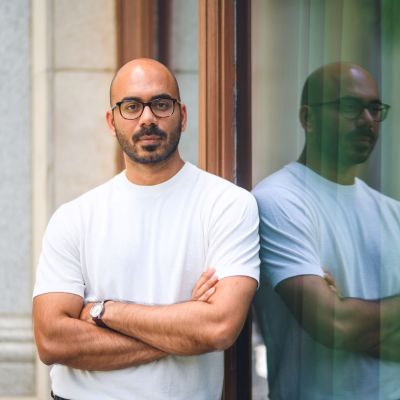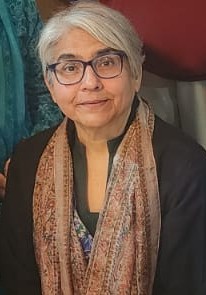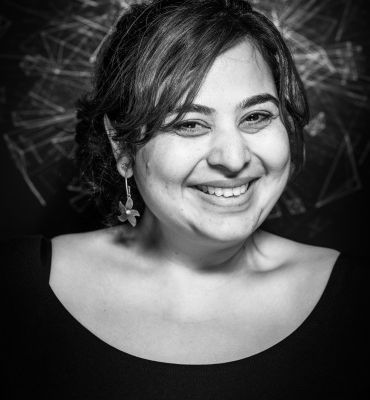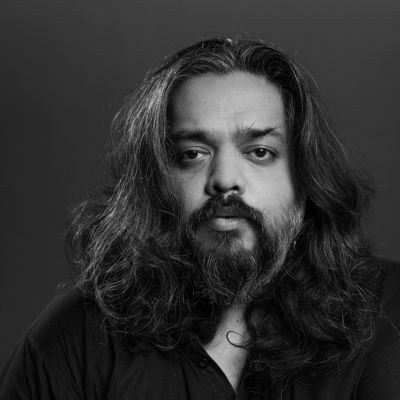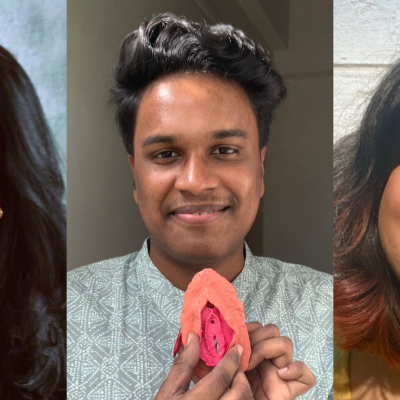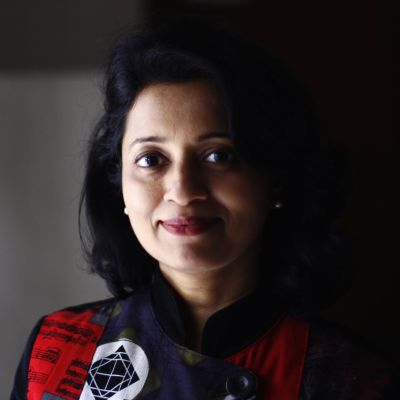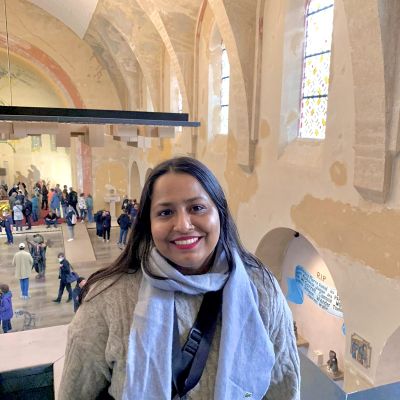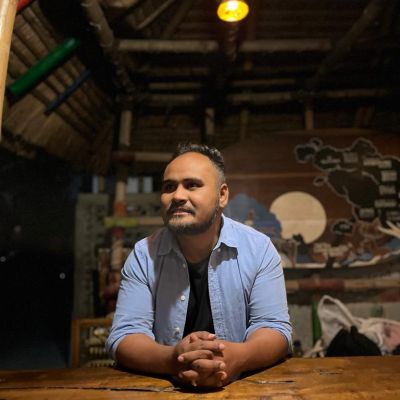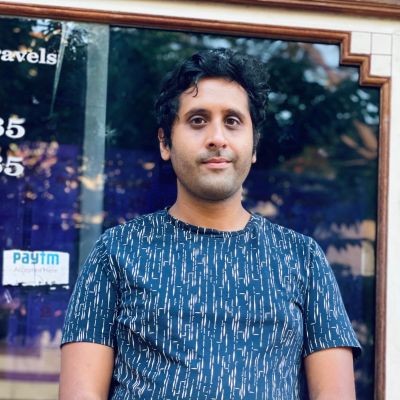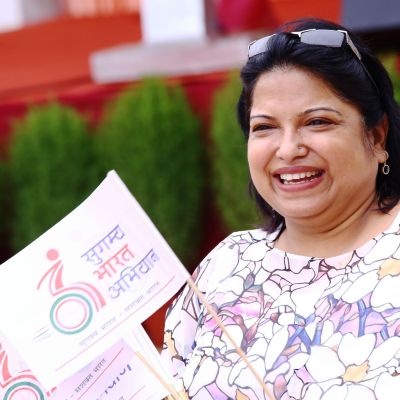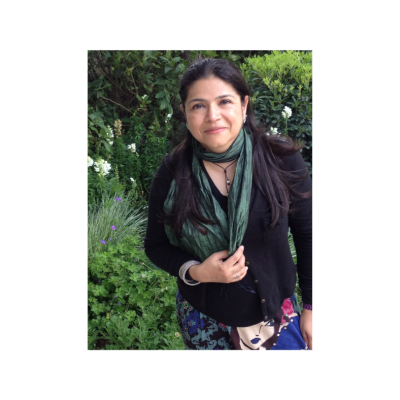Interview
Ankur Paliwal is an independent journalist, and founder and managing editor of queerbeat.org – a collaborative journalism and research venture…
Getting to know who I really am has been a game changer. Prejudice, anger, control and violence all emerge from fear.
Entertainment should aim to inspire, comfort, reflect and express. Even if something violent earns big at the box office, it doesn’t justify its creation.
Sadhana Vohra is a psychotherapist in private practice in New Delhi, India. She divides her time between long hours at…
What we lack are digital spaces and infrastructures that are informed by the needs of their end users, that prioritise safety, comfort, joy and care.
Clothes for me are our first line of defence. They are also our first act of providing relief.
We requested some sexuality educators to speak on some of the priorities they identify, and also to share directions towards possible ways that could move us forward together in the Comprehensive Sexuality Education landscape, keeping in mind that there are many different constituencies and interest groups involved.
So why do we have to have fixed notions of gender roles and food?
Our bodies are the vessels through which we feel, emote, work or navigate our societies and the world at large. Our bodies are the real, live archive of everything we have experienced and they have borne the consequences of our social conditioning and decisions.
I think we are still in a trap of a heteronormative, youth biased, light skin biased, sizeist, ableist culture and until we consciously snap out of it we are throwing a cloak over a human being’s ability to really find what their sexuality even looks like.
When we are talking about the theme of embracing equity we can see sports as a neutral space that has the potential to be a space where everyone can connect, together, without language, and without the domination of any community over another.
So I am realising now that for me the space of borderlessness applies to everything. It applies to the physical and topographical border as it does to the borders we create between gender and their expressions. I think I would like to argue for a truly borderless understanding of the world.
Self-care is influenced by the environment we inhabit, the way we relate to others, the way we negotiate with other living beings or structures. Self-care is also interlinked with other types of care – whether that is in community resources, psychosocial support, engagement with medical and health care institutions, and of course in collective agency and solidarity.
“इन युवा महिलाओं नें तो हमारे विचारों को और आगे तक पहुंचाया है, और महिलाओं द्वारा सार्वजनिक स्थानों तक पहुँच पाने के नए आंदोलन खड़े किए हैं। इसमें उनका देर रात तक बाहर रहना, महिला हॉस्टल में लगाई जा रही समय की पाबंदियों को ठुकराना, और महिला शौचालयों और सार्वजनिक यातायात तक अधिक सुलभता पाने की मांग करना शामिल है।”
Self-care is influenced by the environment we inhabit, the way we relate to others, the way we negotiate with other living beings or structures. Self-care is also interlinked with other types of care – whether that is in community resources, psychosocial support, engagement with medical and health care institutions, and of course in collective agency and solidarity.

